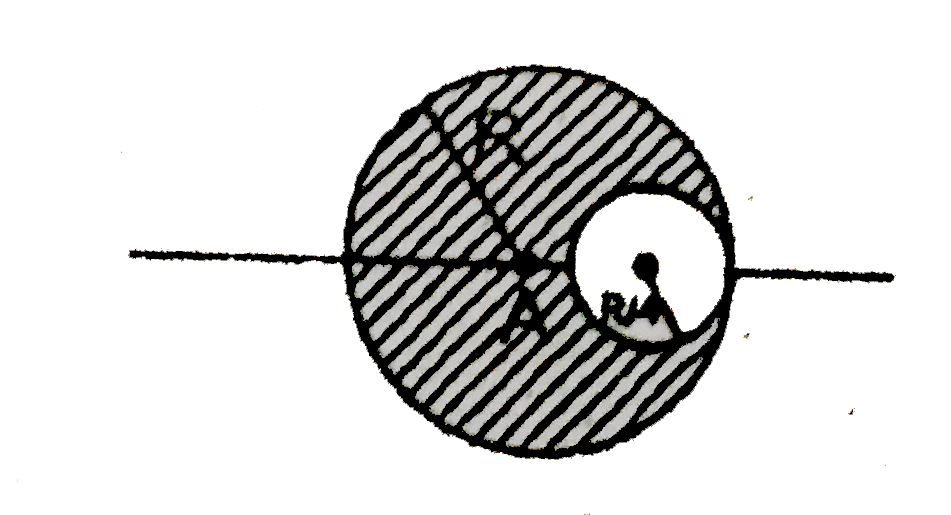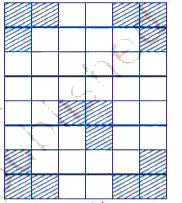Internode is the leafless portion of stem
Step-by-Step Solution:
1. Understanding the Stem Structure:
- The stem of a plant has specific parts. It consists of nodes and internodes.
2. Identifying Nodes:
- Nodes are the points on the stem where leaves, buds, or branches arise. They are crucial for the growth of the plant as they support the leaves and branches.
3. Defining Internodes:
- The internode is the section of the stem that lies between two nodes. It is the part of the stem that does not have any leaves, buds, or branches.
4. Characteristics of Internodes:
- Internodes are typically leafless portions of the stem. They serve as the distance between two nodes, allowing the plant to grow taller and spread out.
5. Conclusion:
- Therefore, the statement "Internode is the leafless portion of the stem" is correct. It accurately describes the internode as the area between two nodes where no leaves or branches are present.
- The stem of a plant has specific parts. It consists of nodes and internodes.
- Nodes are the points on the stem where leaves, buds, or branches arise. They are crucial for the growth of the plant as they support the leaves and branches.
- The internode is the section of the stem that lies between two nodes. It is the part of the stem that does not have any leaves, buds, or branches.
- Internodes are typically leafless portions of the stem. They serve as the distance between two nodes, allowing the plant to grow taller and spread out.
- Therefore, the statement "Internode is the leafless portion of the stem" is correct. It accurately describes the internode as the area between two nodes where no leaves or branches are present.
Topper's Solved these Questions
- STRUCTURE AND FUNCTIONS OF PLANT PARTSBOOK - BETOPPERSCHAPTER - STRUCTURE AND FUNCTIONS OF PLANT PARTSEXERCISE - SUMMATIVE WORKSHEET
43 Videos
- STRUCTURE AND FUNCTIONS OF PLANT PARTSBOOK - BETOPPERSCHAPTER - STRUCTURE AND FUNCTIONS OF PLANT PARTSEXERCISE - SUMMATIVE WORKSHEET (ODD ONE OUT)
5 Videos
- STRUCTURE AND FUNCTIONS OF PLANT PARTSBOOK - BETOPPERSCHAPTER - STRUCTURE AND FUNCTIONS OF PLANT PARTSEXERCISE - SUMMATIVE WORKSHEET (FILL IN THE BLANKS)
20 Videos
- SOILBOOK - BETOPPERSCHAPTER - SOILEXERCISE - SUMMATIVE WORKSHEET
14 Videos
Similar Questions
Knowledge Check
Read the following statements w.r.t. Pericycle and choose the suitable option
( a ) It is the outermost portion of stele, that may be parenchymatous or sclerenchymatous.
( b ) It is present in monocot stems.
( c ) It is always single layered.AOnly ( a ) is correctBOnly ( b ) Is IncorrectCOnly ( c ) is incorrectDBoth ( a ) & ( b ) are incorrectThe centre of mass of the shaded portion of the disc is: ( The mass is uniformly distributed in the shaded portion).
 AR20 to the left of ABR12 to the left of ACR20 to the right of ADR12 to the right of A
AR20 to the left of ABR12 to the left of ACR20 to the right of ADR12 to the right of ASucker are
I Formed from the inernode of undergound stem
II fromed from the node of undergoound stem
III roots which are formed from the upper poriton of nodes
IV roots which are formed form the lower portion of nodesAI II and IIIBI and IICII and IVDI and III
Study the following statements w.r.t. midbrain
(a) It is located between hypothalamus of the forebrain and pons of hindbrain.
(b) Cerebral aqueduct passes through midbrain.
(c) It is a part of brain stem along with some portions of hindbrain.
(d) The dorsal portion of midbrain comprises the limbic lobes.
The correct statements are
View Solutioninner darker, harden portion of secondary xylem that cannot connot conduct water in older dicot stem is called
View SolutionThe _____ is the stem-like part of the leaf that joins the blade to the stem.
View SolutionInternodes elongation is due to :
View SolutionThe central most portion of stem of dicotyledonous plants is occupied by
View Solution

